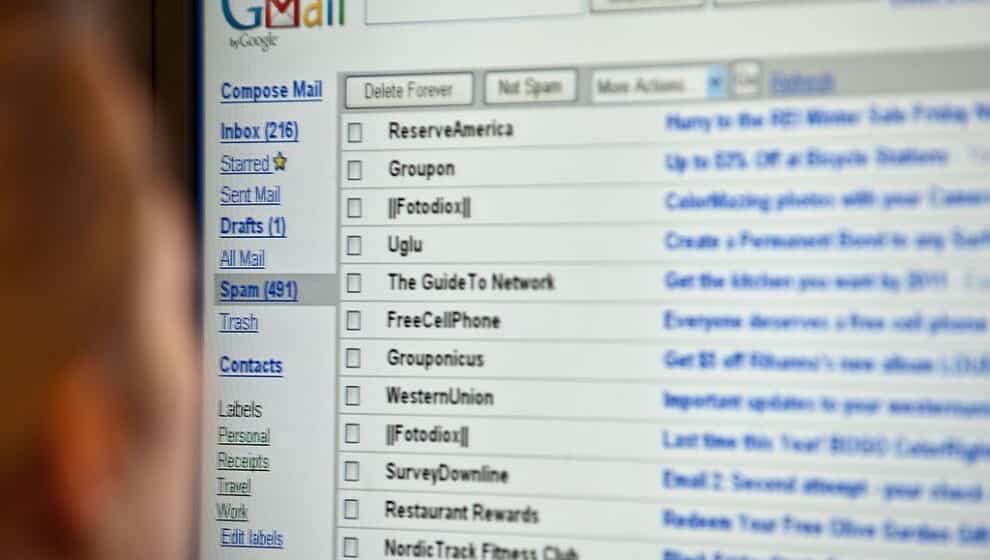Different generations prefer to communicate differently at work, and bosses must learn how to best communicate with their employees depending on their age.
Key Details
- Baby boomers born between 1946 and 1964, Gen X born between 1965 and 1980, millennials born between 1981 and 1966, and Gen Z born between 1997 and 2012 are all in the workplace together.
- Baby boomers tend to prefer face-to-face conversation, Gen Xers and millennials prefer to speak via phone, email, or text, and Gen Z tends to opt for tools like Google Hangouts or Slack, according to Office Corp.
- It is important to give all generations in the workplace the option to use their preferred methods and set boundaries of when it is appropriate to use specific communication tools.
Why it’s important
Baby boomers, Gen X, and millennials have all been in the workforce for some time, but now a new generation is entering and bringing in new communication practices—Gen Z.
All generations are in the workforce together but were born and raised in drastically different times, affecting their preferred communication styles.
Baby boomers and Gen X were raised in the time of rotary phones but have transitioned to technology as it has emerged. Millennials, on the other hand, were born and raised when the internet was developing, increasing popularity of email and instant messaging.
The outlier is mainly Gen Z which was raised with the internet, cell phones, and social media at the forefront of everything. The younger generation has been using the internet and social media for a large portion of their life and are bringing that technology into the workforce.
Baby boomers who did not grow up with extensive technology are used to speaking face-to-face, and the same goes for them at work. While they are adapting to the technology, they would rather speak to their employer in person than through email or an instant Slack message.
Gen X and millennials were raised with more technology and prefer mostly to speak through phone, email, or text. The mid-age generation will pick up a phone to communicate or email their boss professionally before sending a quick instant message.
Gen Z is opposite in most ways from the older generations. While some Gen Zers will talk on the phone, have a face-to-face meeting, or send an email—most prefer using instant messaging platforms such as Google Hangouts or Slack.
The youngest generation in the workforce grew up with one of their primary communication tactics being instant text messaging using shortened versions of words to be quicker, which has translated into the workplace.
Rather than waiting for a phone call or email response, many Gen Zers will send their boss or coworker a quick instant message to resolve their questions or concerns.
Understanding how each generation views technology and how they prefer to use it is important and can help bosses decide which tools to implement and ensure everyone’s needs are accounted for at work, but it is also important to set communication boundaries.
Different communication methods can also result in miscommunication. Talking in person or over the phone can sometimes help have better communication than through email, text, or instant messaging.
It is sometimes hard to understand social cues and tones through digital messaging, and miscommunication can easily happen. It is important to encourage employees to follow up on anything and ask questions if they need clarification to avoid misunderstanding.
